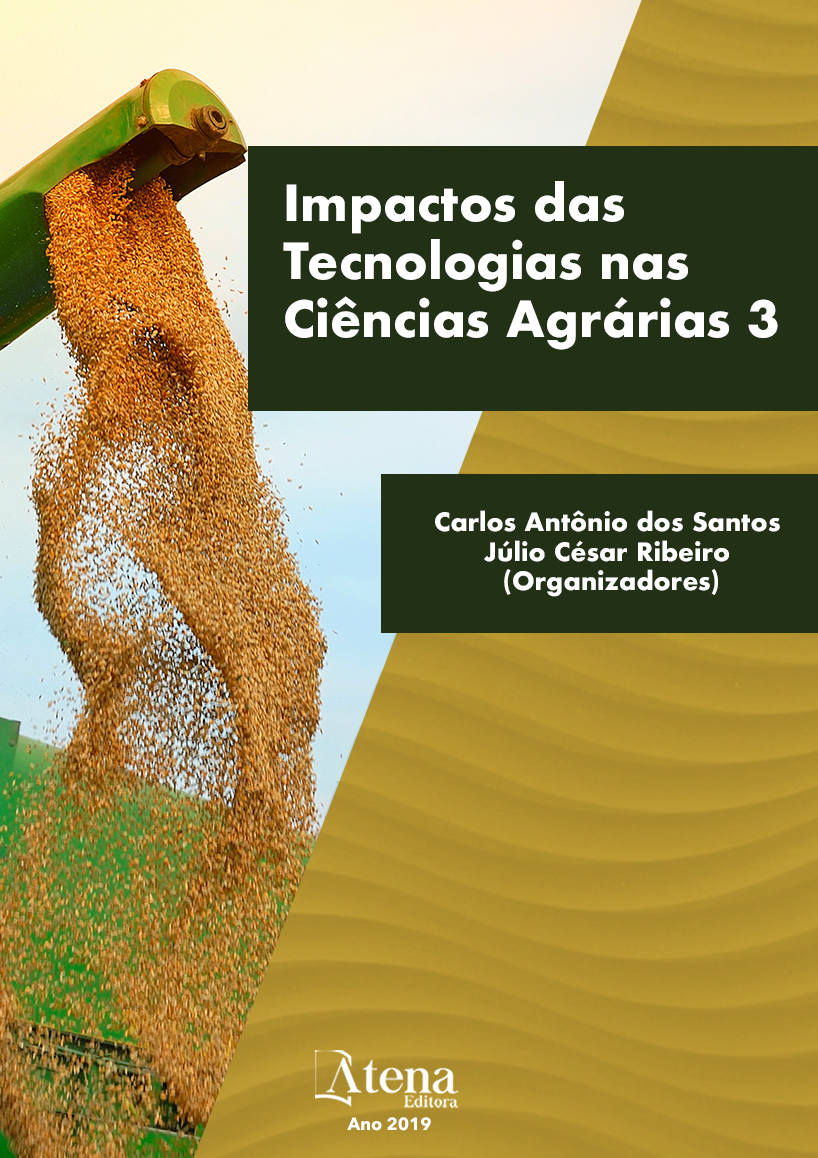
“SUSTENTABILIDADE” VERSUS CONFLITOS SOCIOAMBIENTAIS: A LUTA PELA JUSTIÇA AMBIENTAL E O CASO DO CERRADO
Procurando-se a construção de uma
reflexão crítica sobre como as atuais práticas
e políticas ambientais moldadas a partir do
chamado “desenvolvimento sustentável” afetam
a justiça ambiental do país, o presente trabalho
procurou apresentar as análises do conceito de
desenvolvimento sustentável, da oligarquização
da política ambiental e da maneira de
organização dos órgãos ambientais e execução
dos respectivos estudos ambientais. Atrelado
a isso, apresenta-se um relato da maneira
com que as políticas desenvolvimentistas do
Cerrado afetam a vida das populações locais.
A partir de pesquisa bibliográfica detalhada no
campo de contemplação do assunto, foi possível
buscar embasamento necessário à evidenciar
que a verdadeira “sustentabilidade” só pode
ser alcançada quando analisada juntamente
à diversidade cultural, à democratização do
acesso aos recursos naturais e à distribuição
dos riscos da produção industrial, caso
contrário, o “desenvolvimento” acarretará em
injustiças ambientais, imputando riscos e danos
às camadas mais vulneráveis da sociedade.
“SUSTENTABILIDADE” VERSUS CONFLITOS SOCIOAMBIENTAIS: A LUTA PELA JUSTIÇA AMBIENTAL E O CASO DO CERRADO
-
DOI: 10.22533/at.ed.61419300915
-
Palavras-chave: Justiça Ambiental, Sustentabilidade,Desenvolvimento Sustentável, Conflitos Ambientais.
-
Keywords: Environmental Justice, Sustainability, Sustainable Development, Environmental Conflicts.
-
Abstract:
With the objective of building a
critical reflection on the way in which the current
environmental policies and practices shaped
by the so-called “sustainable development”
affect the country’s environmental justice, this
article presents the analysis of the concept of
sustainable development, the oligarchization
of environmental policy and the organization of
environmental agencies and the execution of
environmental studies. In addition, there is an
account of the way in which the development
policies of the Cerrado biome affect the lives of
local populations. From a detailed bibliographical
research in the field of subject contemplation, it
was possible to find the necessary basis to show
that true “sustainability” can only be achieved
when analyzed together with cultural diversity,
democratization of access to natural resources
and distribution of the risks of industrial
development, otherwise, “development” will
lead to environmental injustices, imputing risks
and damages to the most vulnerable sections of
society.
-
Número de páginas: 15
- Heloisa Improta Dias


